FLAT 10% OFF ON YOUR FIRST ORDER. USE IVER10
Aciloc (Ranitidine)
Price range: $150.00 through $266.00
Aciloc Tablet contains ranitidine, a histamine H2 blocker that reduces stomach acid production to treat acid reflux, GERD, peptic ulcers, and heartburn. It provides rapid relief—often within 15 minutes—and helps heal and prevent ulcers by creating a less acidic stomach environment. Aciloc is also useful for patients taking NSAIDs to protect the stomach lining. Taken once or twice daily as prescribed, Aciloc works longer than antacids by preventing acid at the source.
- Buy 2 and get Flat 15% Off. Use B2SAVE15
- Buy 3 and get Flat 20% Off. Use B3SAVE20
Aciloc Tablet (Ranitidine) – Treatment for Acid Reflux & Stomach Ulcers
Aciloc Tablet is an effective histamine H2 blocker that reduces stomach acid production, providing relief from acid-related disorders. Primarily used to treat gastroesophageal reflux disease (GERD), peptic ulcers, and heartburn, this medication helps prevent damage caused by excessive stomach acid. It’s particularly beneficial for patients who experience acid reflux symptoms after meals or those taking NSAID painkillers that may irritate the stomach lining. Aciloc works quickly, often providing relief within 15 minutes, with effects lasting throughout the day or night. While some patients may only need short-term treatment for symptom relief, others with chronic conditions may require longer-term therapy as prescribed by their doctor.
Uses of Aciloc Tablet:
- Treatment and prevention of gastroesophageal reflux disease (GERD)
- Healing and prevention of peptic ulcers
- Relief from heartburn and acid indigestion
- Prevention of stress ulcers
Benefits of Aciloc Tablet:
It effectively reduces stomach acid production, providing rapid relief from heartburn, acid reflux, and stomach discomfort. By creating a less acidic environment in the stomach, it allows existing ulcers to heal and prevents new ones from forming. Patients taking NSAID painkillers often use Aciloc to prevent medication-induced stomach irritation. Its fast action (within 15 minutes) and prolonged effect make it a reliable choice for acid control.
Side Effects of Aciloc Tablet:
Most patients tolerate Aciloc well, but some may experience:
- Headache
- Mild gastrointestinal disturbances
- Diarrhea
- Drowsiness or fatigue (rare)
These effects are typically mild and temporary. Consult your doctor if they persist or worsen.
How to Use Aciloc Tablet?
Take the Tablet exactly as prescribed, usually once daily at bedtime or twice daily (morning and evening). Swallow the tablet whole with water – do not chew, crush, or break it. It can be taken with or without food, but maintaining a consistent schedule enhances effectiveness. For best results, combine with lifestyle changes like eating smaller meals and avoiding trigger foods.
How Aciloc Tablet Works?
It contains ranitidine, which blocks histamine H2 receptors in stomach lining cells. This action significantly reduces gastric acid secretion, creating a less acidic environment that promotes healing of ulcers and prevents acid reflux symptoms. Unlike antacids that neutralize existing acid, Aciloc prevents excessive acid production at the source.
Safety Advice:
- Alcohol: Avoid – may increase stomach acid and delay healing
- Pregnancy: Consult doctor – limited safety data available
- Breastfeeding: Probably unsafe – may pass into breast milk
- Driving: Generally safe – but be cautious if experiencing drowsiness
- Kidney/Liver Disease: Use with caution – dose adjustments may be needed
What If You Missed a Dose?
Take the missed dose as soon as remembered. If it’s nearly time for the next dose, skip the missed one. Never take double doses to compensate.
Important Drug Interactions:
It may interact with:
- Dasatinib: Reduces effectiveness
- Cefpodoxime: Take 2 hours apart
- Ketoconazole: May require acidic beverage
- Phenytoin: May cause slow heart rate
Always inform your doctor about all medications you’re taking.
FAQs:
Q1: How quickly does Aciloc Tablet work?
It starts working within 15 minutes, with effects lasting 12-24 hours depending on dosage.
Q2: Can I take Aciloc long-term?
Only under medical supervision. Don’t use it for more than 2 weeks without consulting your doctor.
Q3: What’s the difference between Aciloc and omeprazole?
It works faster but has shorter duration than omeprazole (PPI) which provides longer acid suppression.
Q4: Can I take Aciloc with food?
Yes, it can be taken with or without food, but consistency in timing is important.
Q5: What lifestyle changes help with acid reflux?
Eat smaller meals, avoid spicy/fatty foods, reduce caffeine/alcohol, don’t lie down after eating, and maintain healthy weight.
Q6: Is Aciloc safe during pregnancy?
Consult your doctor. Animal studies show potential risks, but benefits may outweigh risks in some cases.
Q7: Can I drink alcohol while taking Aciloc?
No. Alcohol increases stomach acid and may worsen your condition despite medication.
| Dose | 150 mg, 300 mg |
|---|---|
| Pack Size | 90 Tablets, 180 Tablets |

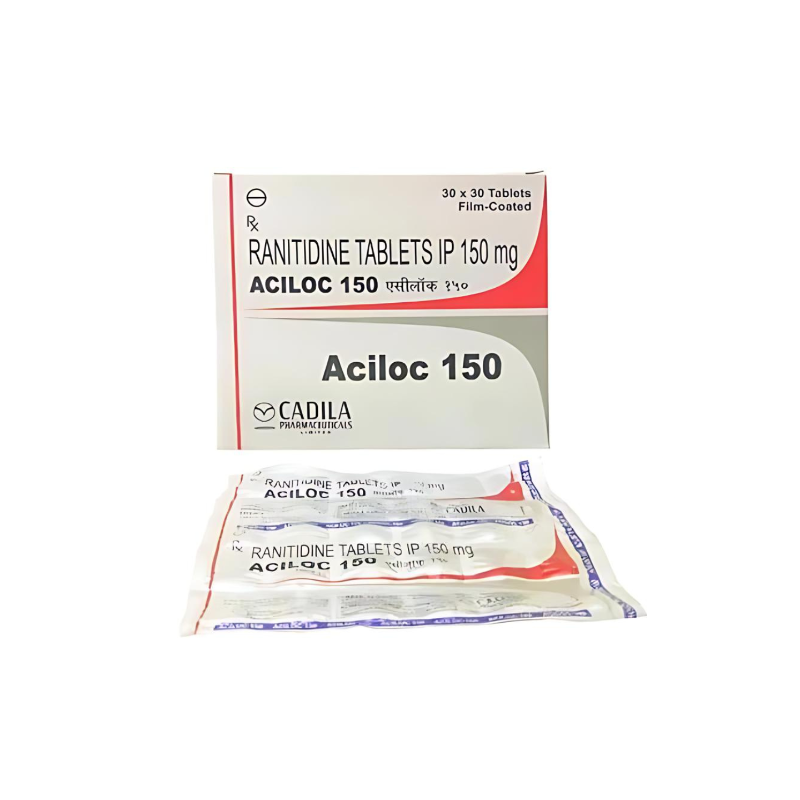
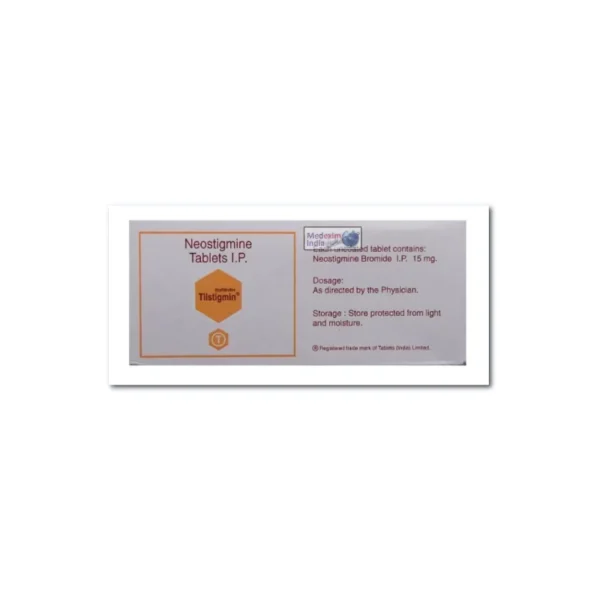
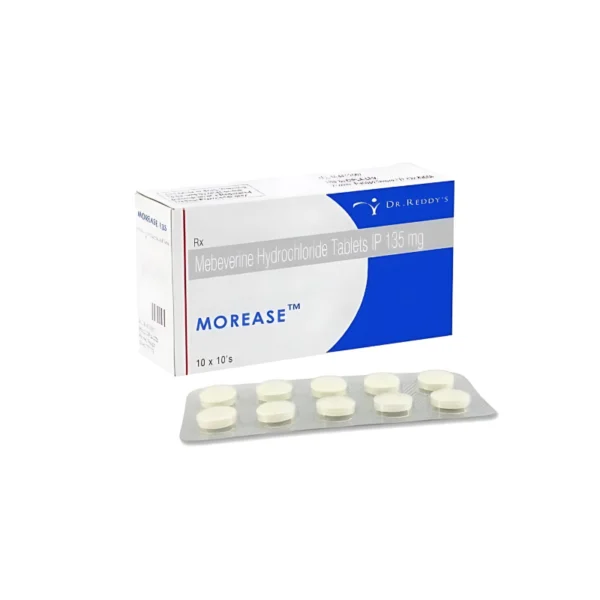
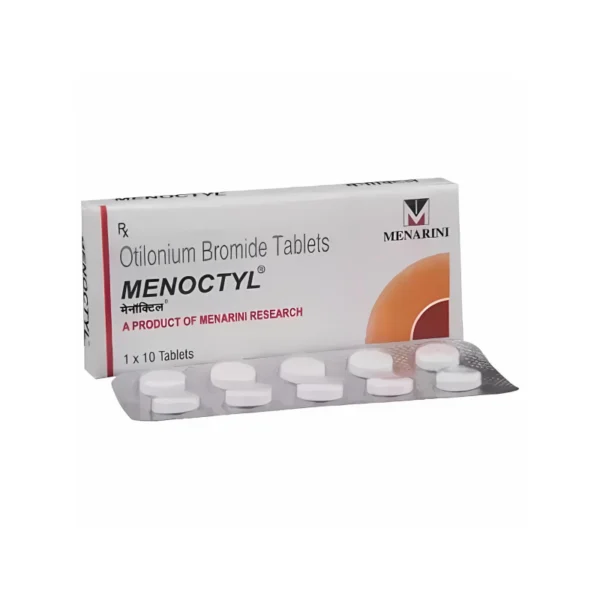
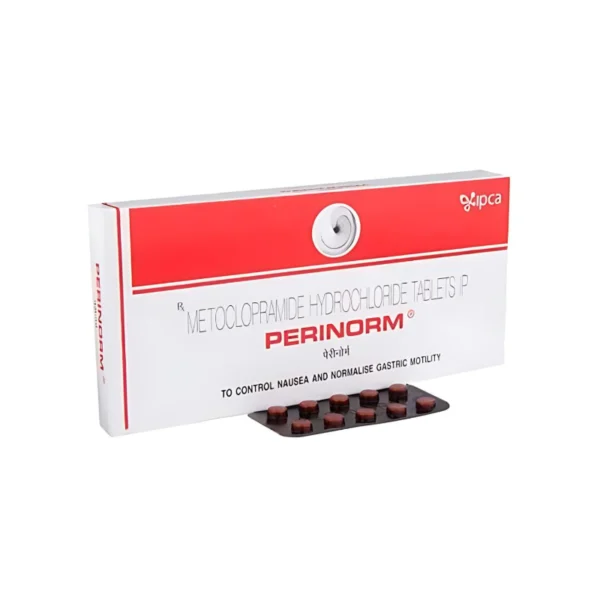
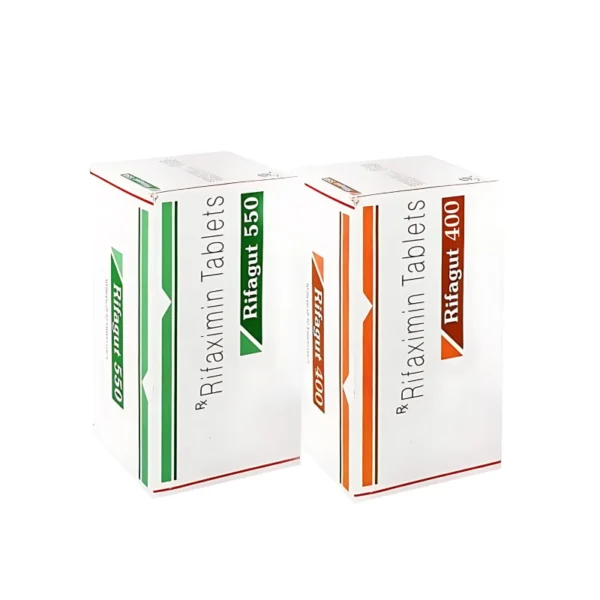
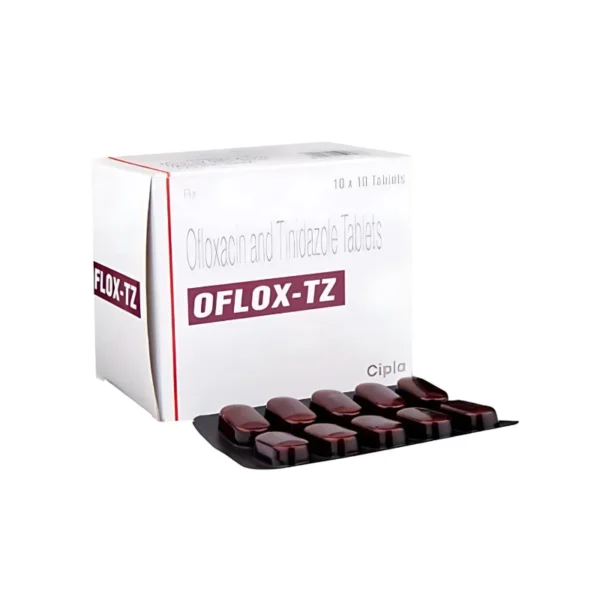
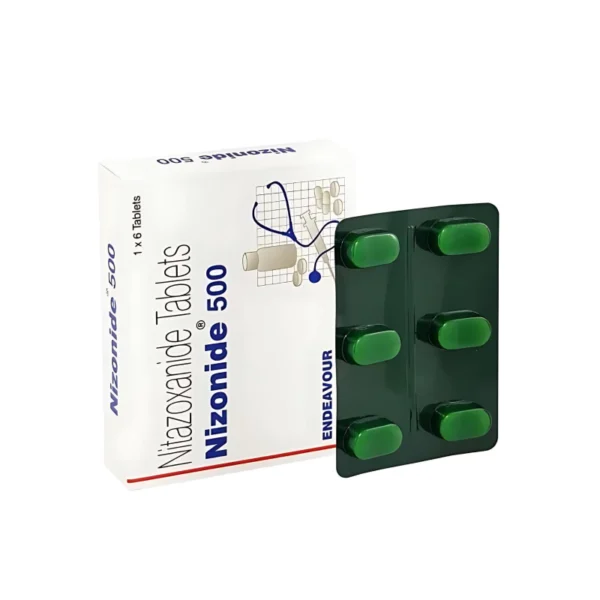
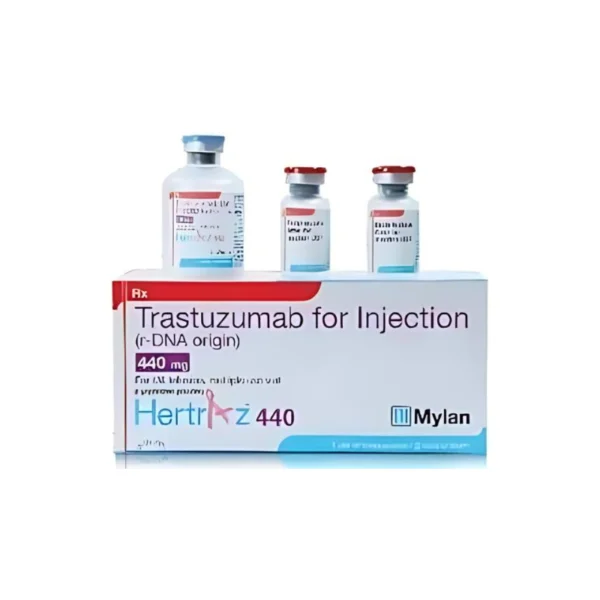
Reviews
There are no reviews yet.